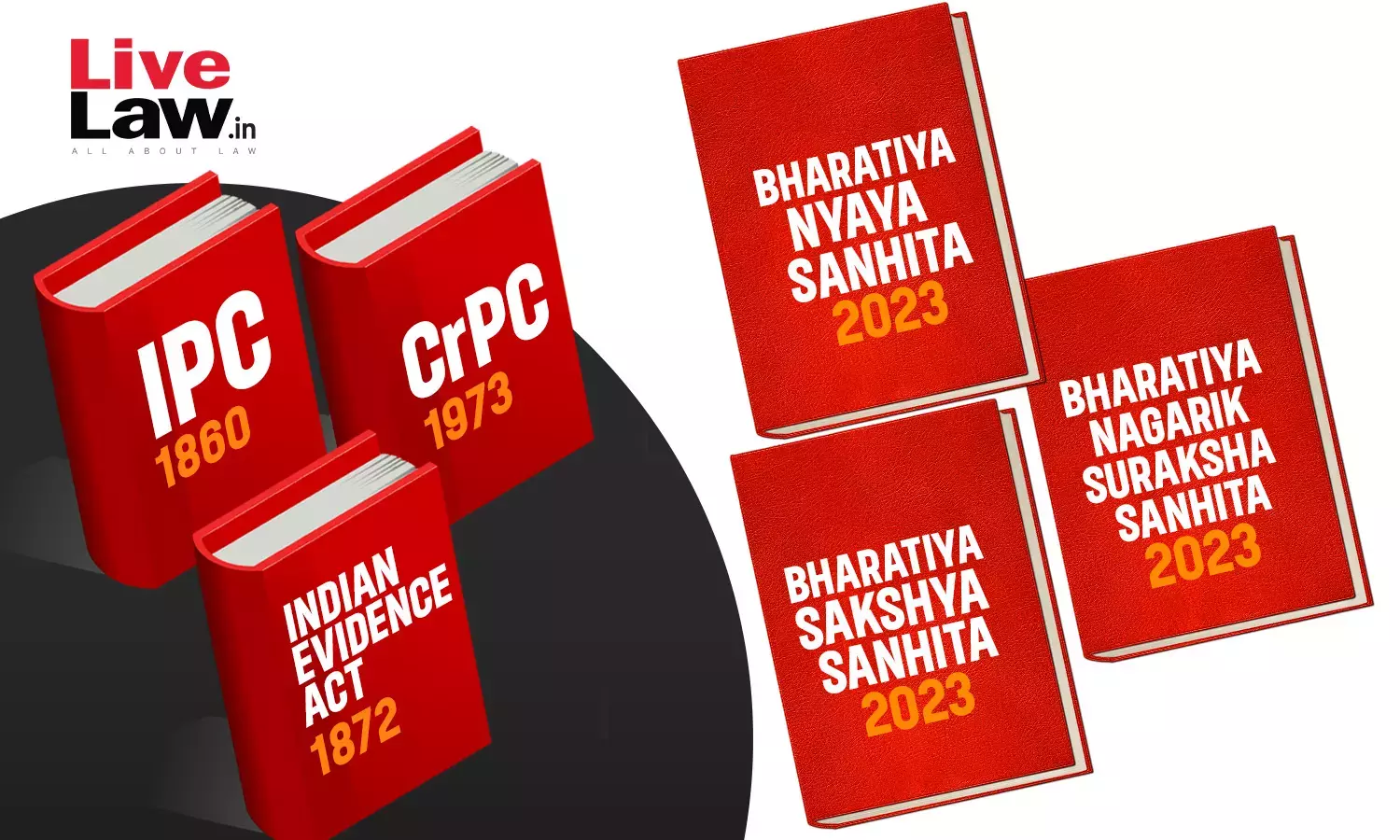Postpone Implementation Of New Criminal Laws : PUCL Writes To Law Ministers
Gyanvi Khanna
29 Jun 2024 2:22 PM IST

Next Story
29 Jun 2024 2:22 PM IST
People's Union for Civil Liberties (PUCL) has written a letter to the Union Law Minister Arjun Ram Meghwal requesting the postponement of the implementation of 3 Criminal Laws beyond 01st July 2024. A national discussion on the nature, need, scope and content of the three new laws has also been requested. The laws, viz. Bharatiya Nyaya Sanhita (BNS), the Bharatiya Nagarik...
